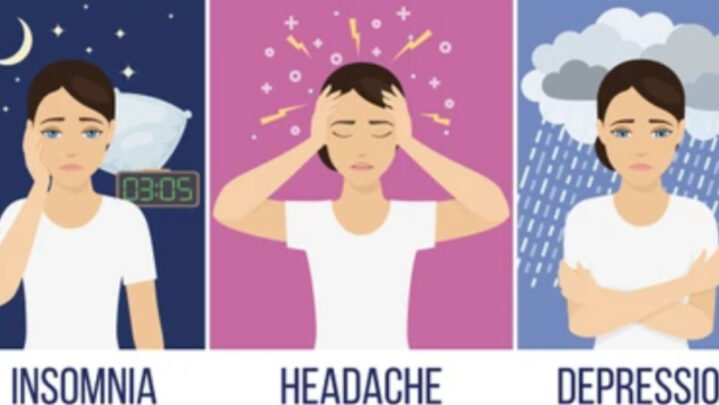Stress. Many of us hate that six-letter word. We all experience stressful circumstances from time to time, whether it’s a tough conversation with a supervisor or pressure from friends and family.
Some of us experience these things seldom. Others’ everyday tension is an expected aspect of life.
We can probably all recognize unpleasant stress, but did you realize that stress may sometimes be beneficial?
Eustress, also known as healthy stress, has positive effects on your health. Good stress, as opposed to negative stress or anguish, can boost productivity, energy, and attention. It might also seem exhilarating to some people.
Bad stress, on the other hand, frequently results in anxiety, worry, and a decline in performance. In addition, it is unpleasant and, if left unattended, can develop into more serious problems.
Stress has the potential to have a detrimental effect on our lives. Physical ailments including headaches, stomach problems, and sleep disruptions may result from it. Additionally, it can lead to mental and emotional stress, such as bewilderment, worry, and sadness.
A stressor and real stress are two different things. A person, place, or circumstance that is causing you to stress is referred to as a stressor. The real reaction to one or more of those stimuli is stress.
Numerous circumstances have the potential to be stressful. Some of the most typical stresses, according to licensed psychotherapist Dr. Gary Brown, are as follows:
1. Relationship issues in the household
2. The addition of additional or increased workload demands
3. Financial difficulty
4. Health issues and the death of a loved one
5. Relocating to a new place
6. Exposure to a stressful event or events, such as a vehicle accident or a crime
The first step in creating strategies to control its negative effects is learning how to recognize the symptoms of stress.
The following are a few of the most prevalent physiological, psychological, and emotional symptoms of chronic stress:
1. Quick heartbeat
2. High blood pressure level
3. Being overburdened exhausted, having trouble poor sleep, having difficulty solving problems, and worrying that the stressor won’t disappear
4. Changes in behavior, such as social disengagement, melancholy, impatience, lack of emotional control, difficulty sleeping, and self-medication are all signs of persistent thinking about one or more stresses.
Source: Health Line
Also Read: 10 Inspiring Good Morning Phrases To Brighten Your Day





